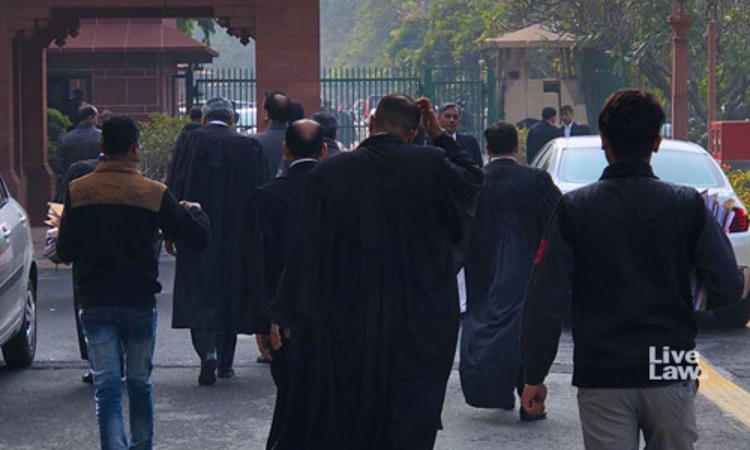Trend Of Lawyers Giving Dishonest Advice Needs To Be Deprecated; Must Impose Costs, Strictures: Supreme Court
Mehal Jain
30 Jun 2021 9:30 AM IST

Next Story
30 Jun 2021 9:30 AM IST
The Supreme Court on Tuesday observed that the trend of lawyers giving dishonest advice to clients needs to be curbed.The bench of Justices DY Chandrachud, R. Subash Reddy and Ravindra Bhat was hearing an SLP arising out of a March decision of a Division Bench of the Punjab and Haryana High Court whereby it affirmed the judgment of the Single Judge relegating the petitioners, who were...
